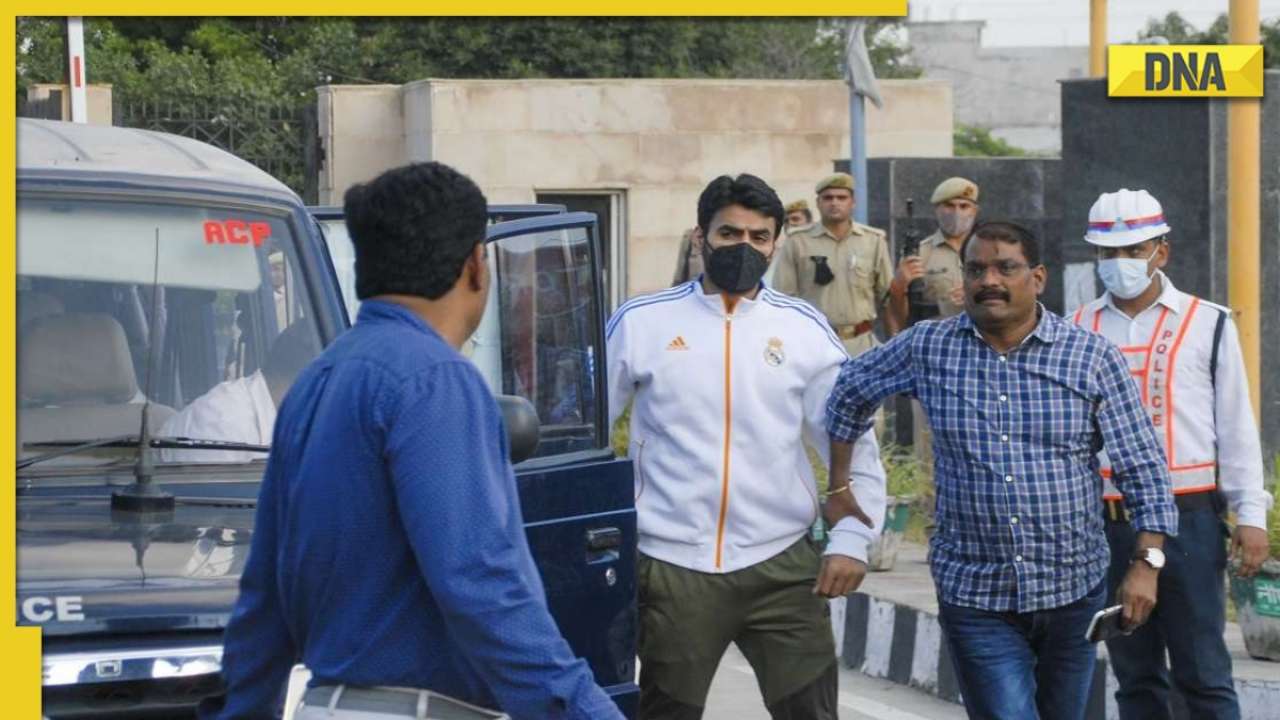
A court in Uttar Pradesh's Gautam Buddh Nagar Friday rejected the bail application of politician Shrikant Tyagi, who was arrested last month after a purported video of him assaulting and abusing a Noida woman had gone viral.
The bail plea was rejected by Special Judge (Gangsters Act) Ranvijay Pratap Singh in the District and Sessions Court, Gautam Buddh Nagar, according to the order copy.
Tyagi, 34, was booked under the UP Gangsters and Anti-Social Activities (Prevention) Act after he was arrested on August 9 from Meerut by the Noida police.
Besides the Gangster's Act, he was also booked for assaulting the woman on August 5 and in a cheating case for using stickers and a state government symbol on his cars issued only to state assembly members.
Denying bail to Tyagi, the Special Judge cited Section 19(4) of the UP Gangster and Anti-Social Activities (Prevention) Act, 1986, and observed that the Act is a “special law” and a “self-contained Act”.
Section 19(4) states, “Notwithstanding anything contained in the Code, no person accused of an offence punishable under this Act or any rule made thereunder shall, if in custody, be released on bail or on his own bond unless: (a) the Public Prosecutor has been given an opportunity to oppose the application for such release, and (b) where the Public Prosecutor opposes the application, the Court is satisfied that there are reasonable grounds for believing that he is not guilty of such offence and that he is not likely to commit any offence while on bail.”
Noting that there is an “organised nexus” between the accused and the co-accused, the court observed that there was no ground to believe that Tyagi was not guilty of such offence in respect of the registered charge. "There is a gang, its kingpin is the accused Shrikant Tyagi," it said.
The court observed that the accused would fraudulently apply the monogram of the Uttar Pradesh government on his car and impersonate VIP number plates and tried to display himself as a high-ranking official wherein he would commit crimes to gain financial and material benefits for his personal gain and for his gang.
The court held that it did not have reasonable ground to believe that the “accused will not commit any offence while on bail”, and in view of the aforesaid observations, it cancelled the bail plea.